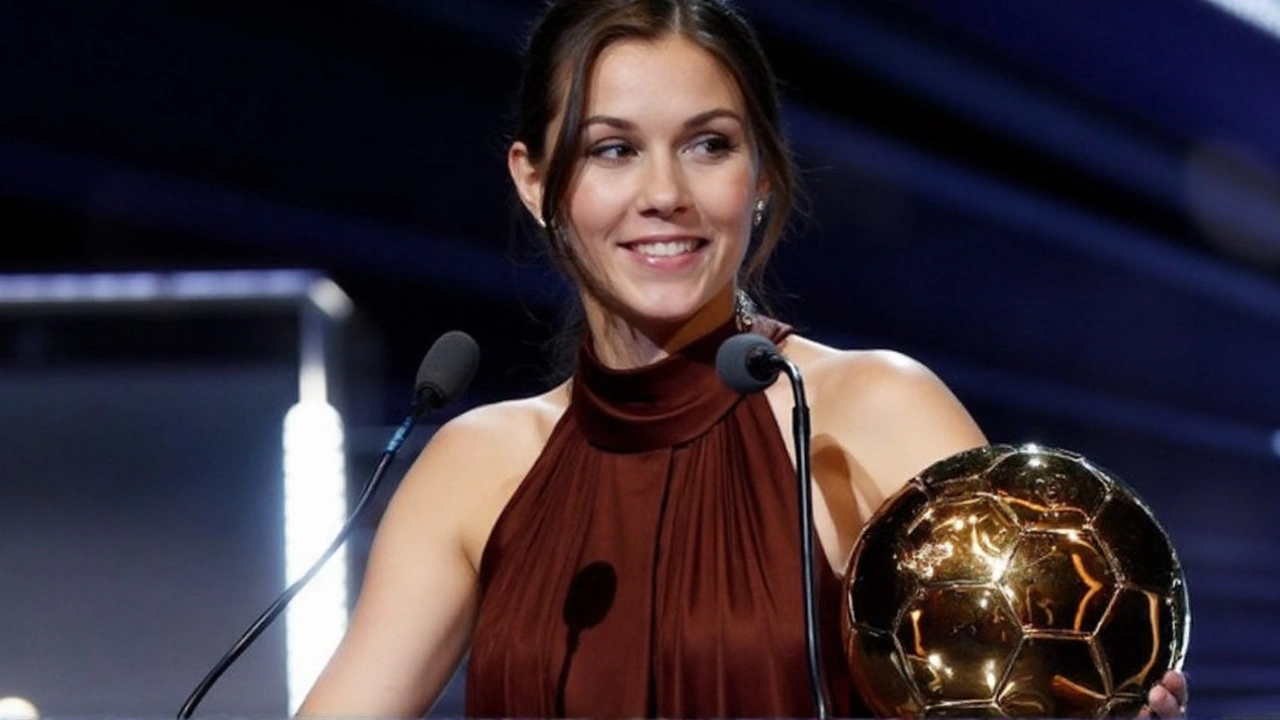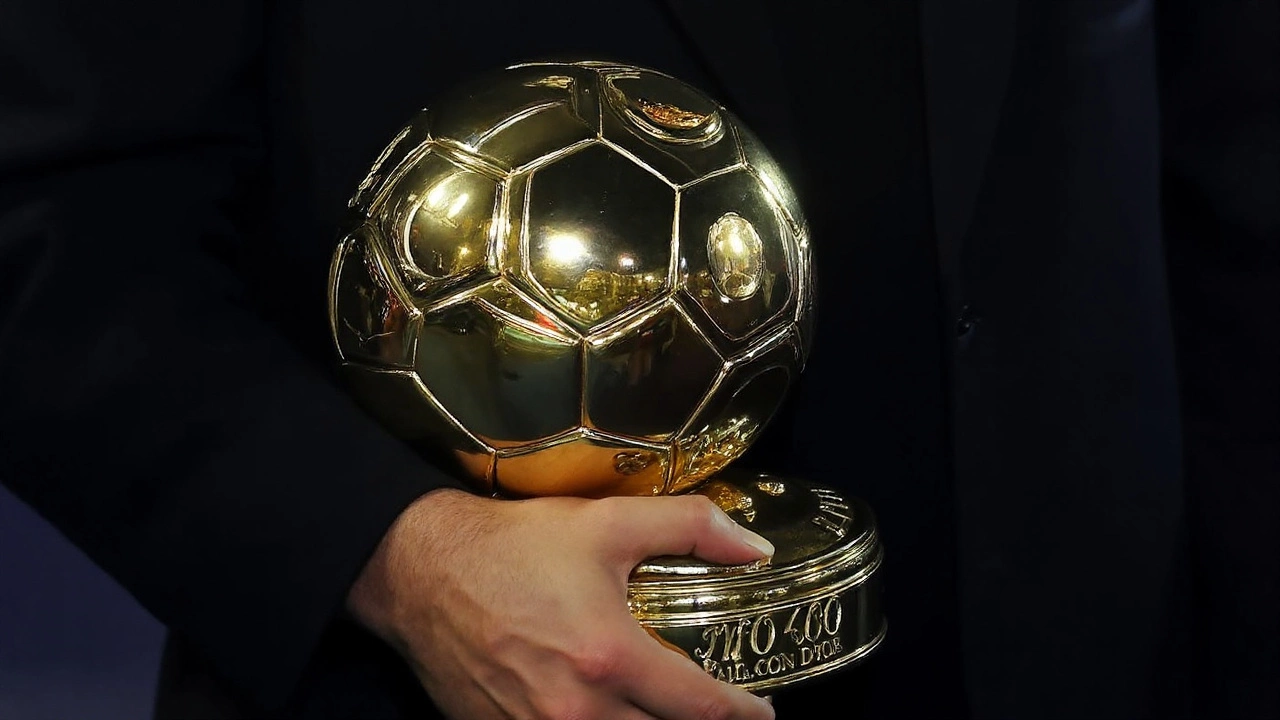Paris is gearing up for the 2025 Ballon d’Or ceremony at the historic Théâtre du Châtelet, but the buzz this year isn’t coming from the usual pre‑event hype. Early July saw a cryptic document surface on several football forums, allegedly showing a draft of the final shortlist. Within hours, the Ballon d’Or leak had ignited a firestorm of speculation, memes, and outright accusations of sabotage.
What the Leak Revealed
The leaked file, which appeared as a PDF screenshot, listed fifteen names split into three categories: Best Player, Best Young Player, and Best Coach. While several heavy‑weights—like Erling Haaland, Kevin De Bruyne, and Kylian Mbappé—were present, fans quickly spotted glaring omissions. Notably, the reigning champion, Lionel Messi, was missing entirely, and the rising star Jude Bellingham appeared only under the young player slot despite his senior‑team impact.
Beyond missing names, the document contained what looked like a formatting glitch: two candidates were listed twice, and a blank line was left where a name should have been. Some users argued these were simple clerical errors, while others claimed the mishap was intentional, meant to mask a deeper controversy surrounding the voting process.

Fans and Players Respond
Within minutes, the leak spread across Twitter, Reddit’s r/soccer, and several Telegram groups. Hashtags like #BallonDOrLeak and #WhoGotLeftOut trended in multiple languages. Supporters of Messi organized an online petition demanding clarification, gathering over 120,000 signatures in 48 hours. Meanwhile, a rival fanbase celebrated what they saw as a “clear signal” that the award might finally recognize emerging talent over established stars.
Several players weighed in via Instagram Stories and club press conferences. Mbappé, when asked, shrugged and said, “If the list is wrong, the real result will still speak for itself.” Haaland’s agent, on the other hand, hinted at “possible irregularities” but stopped short of making formal accusations, citing confidentiality clauses.
Industry insiders suggest the leak could be the work of a disgruntled member of the voting panel or an external hacker aiming to pressure the French Football Federation into tightening its security. A former voting member, speaking on condition of anonymity, warned that “the voting system has always been opaque, and any hint of tampering only fuels distrust.”
As the ceremony date approaches, the organizers have released a brief statement emphasizing that “the official shortlist will be announced on 12 October, and any prior documents are unofficial and inaccurate.” No further details have been provided, leaving fans to continue dissecting every screenshot and rumor.
The episode underscores how modern football awards are no longer just about performance on the pitch; they’re also entangled with digital leaks, fan activism, and the ever‑present quest for transparency. Whether the final ceremony will quell the uproar or amplify it remains to be seen, but the conversation around the Ballon d’Or has undeniably shifted from pure sport to a broader dialogue about trust and accountability in the age of instant information.
